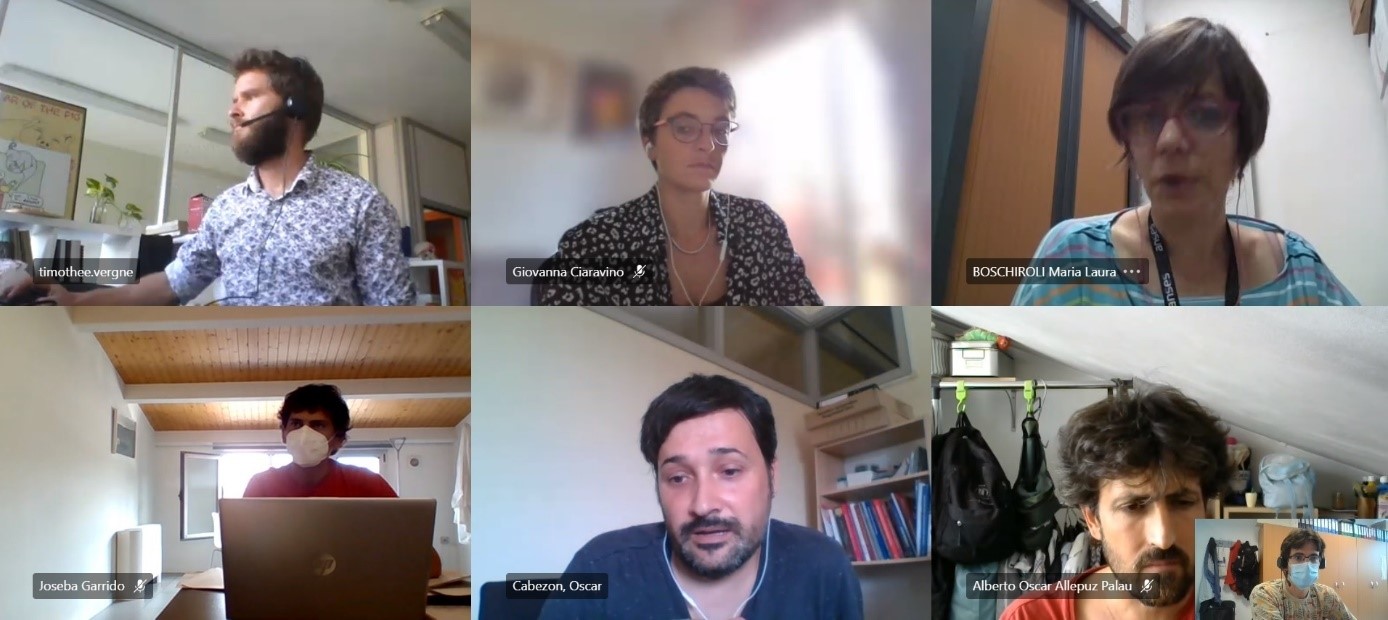
Action 3 of the INNOTUB project aims to better understand the epidemiology of animal tuberculosis and the impact of biosecurity measures on the disease to improve its management. This action, coordinated by ENVT, seeks to meet two main objectives: 1) to assess the role of small rodents in the circulation of Mycobacterium microti and 2) to characterize and improve biosecurity practices in the breeding of suckler cattle to contribute to control of bovine tuberculosis.
To achieve Objective 1, rodent trapping campaigns will be organized on seven sites divided into breeding farms and on transhumance sites in two Pyrenean valleys in Catalonia. In each site, rodents will be captured for 5 consecutive days. The first capture campaign is scheduled for October 2020. It will be followed by three more campaigns in spring 2021, fall 2021 and spring 2022. The rodents captured will be tested for potential infection with M. microti. This field study will make it possible to estimate the prevalence of the bacterium in rodent populations and to better understand the risk of infection for cattle farms in the region.
To achieve objective 2, interviews will be organized with 40 Spanish breeders in Catalonia and the Basque Country and with 40 French breeders from the Pyrénées-Atlantiques. During these interviews, the researchers will collect a whole series of data relating to husbandry practices, the biosecurity measures implemented in the farms and the farmers' perceptions of the effectiveness of these practices. These interviews, organized with the assistance of the French and Spanish veterinary services, will begin in January 2021. The data collected will help to determine the biosecurity profiles of suckler cattle farmers in the region, will be used to develop risk analysis models. introduction of bovine tuberculosis in livestock farming and will make it possible to prioritize the biosecurity practices most likely to limit the introduction of bovine tuberculosis in livestock farming.